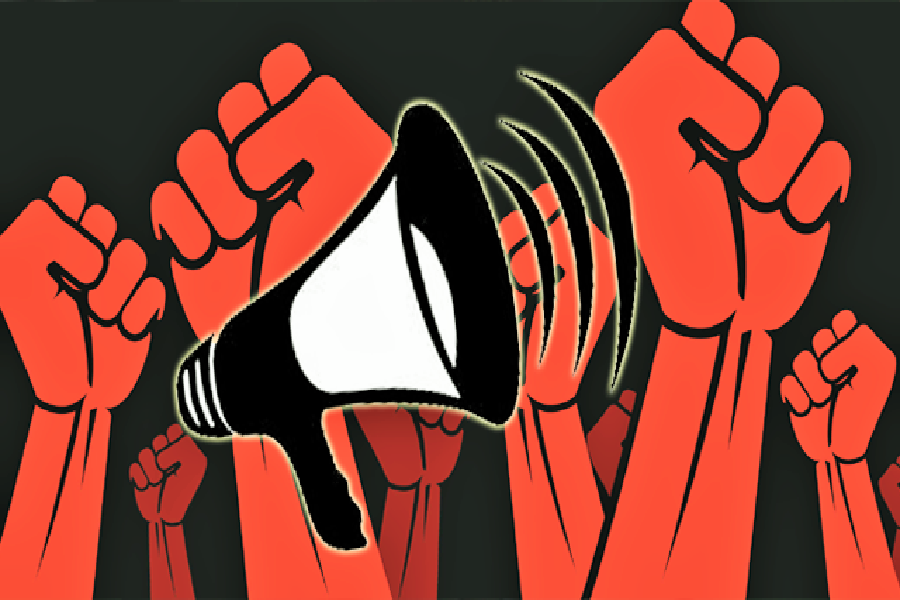Nearly one in five Latin Americans belong to evangelical churches, which exert a growing influence in politics, especially in terms of the concept of family, gender equality and equal marriage. Evangelicals in Latin America take advantage not only of the space lost by the Catholic Church, but also of people’s disillusionment with politics and governments.
With a strong presence in the region’s popular neighbourhoods, evangelical churches provide assistance to families, from food supplies to drug delivery, visits to the doctor, childcare and education, job searches for the disabled, and more. In return, these institutions are gaining confidence to exert their influence in political spaces in the form of pre-election pacts, participation in political programmes and, more recently, presenting their own candidates.
The world awoke stunned on October 29 this year when the election results in Brazil were revealed; that the country’s new president was a 63-year-old ex-military, xenophobic, racist, sexist who has promised to fight crime in Brazil’s cities and agricultural belt by giving police more autonomy to shoot armed criminals and facilitating laws to allow Brazilians to buy weapons. Brazilian evangelicals for years had dozens of parliamentarians in Congress, but until recently their highest representative has been the mayor of Rio de Janeiro, who threw his support behind the victorious far-right candidate Jair Bolsonaro in presidential election. During the election campaign the influential Brazilian pastor Silas Malafaia argued that “80% of the gospel vote will go to Bolsonaro“.
In Costa Rica, Fabricio Alvarado, a strong opponent of gay marriage, seduced much of the electorate with its rejection of the decision of the Inter-American Court of Human Rights (IACHR), which recognized and guaranteed equal marriage.
In Guatemala, evangelical and comedian theologian Jimmy Morales won the 2015 election as an anti-establishment candidate, opposed to gay marriage and abortion. His campaign lacked any nuance about his religious orientation and his clear vision of politics.
This new political map in Latin America, on the one hand, confirms the failure of traditional political parties, with the disappearance of leftist-Bolivarian sentiment among the population. On the other hand, it calls into question the separation of powers between the state and the church, although in this case the once-influential Catholic Church has also lost ground in Latin America.







